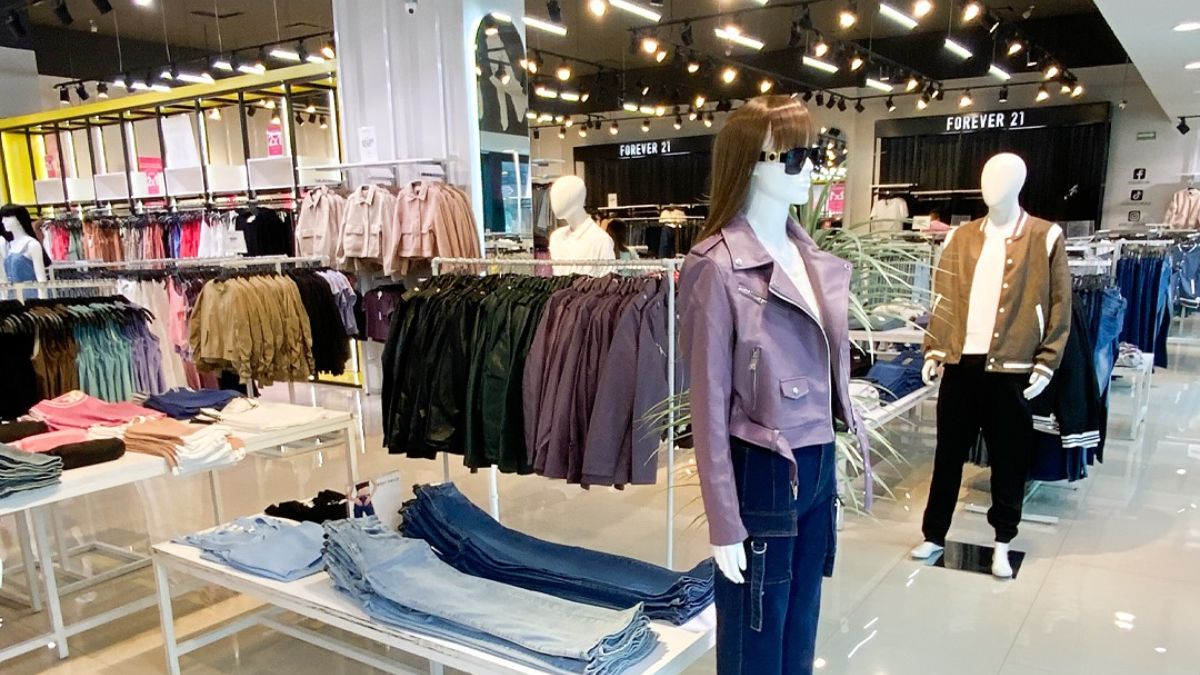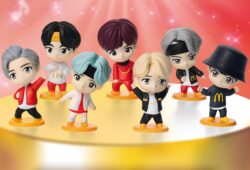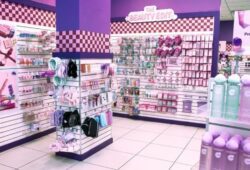
Good news for Forever 21 fans! Authentic Brands Group, which owns the intellectual property of the fast-fashion brand, announced that after bankruptcy and the closure of physical stores in the country, it will reopen some locations in the United States. Here’s everything we know about it.
When will Forever 21 stores open in the United States?
So far, Authentic Brands Group has not provided information on when these openings will take place. It also did not specify how many stores will reopen or where they will be located. The company only stated that more details will be shared next year.
ALSO READ Target Circle Week is back! Dates, deals, and everything you need to know
How many stores did Forever 21 close in the United States?
Between April and May of this year, the chain closed all of its stores in the country, which totaled 354 locations.
Can I make international purchases from Forever 21?
The closure of Forever 21 does not mean the end of the brand. Although it will no longer operate in the United States, the company stated on its website that international stores will remain open. This means you may still be able to buy your favorite clothing from the chain.
Stores located in other countries offer international shipping, but they typically do so through forwarding services or mailboxes based in the U.S. Therefore, to purchase products from forever21.com.mx, you will need to use one of these services. However, keep in mind that international purchases are subject to applicable import duties.
Why did Forever 21 file for bankruptcy?
This is the second time the company has filed for bankruptcy; the first was in 2019. Authentic Brands, which owns the Forever 21 brand and its intellectual property, along with mall operators Simon Property Group and Brookfield Corporation, rescued the fast fashion retailer from that bankruptcy.
On Sunday, March 16, the company filed for bankruptcy again in the U.S. Bankruptcy Court for the District of Delaware, citing foreign fast fashion competition, rising costs, economic challenges, and shifting consumer trends as the main reasons.
ALSO READ Nintendo Switch 2 or Xbox? This is the best video game console
According to the company, another factor contributing to declining sales is the highly competitive retail environment fueled by the de minimis exemption, which waives duties and tariffs on imported goods valued under $800.
Some non-U.S. online retailers competing with F21 OpCo—like Temu and Shein—have benefited from this exemption and have been able to pass significant savings on to consumers. As a result, retailers like F21 OpCo, who do have to pay tariffs and duties to stock their stores and warehouses in the U.S., have been at a disadvantage.
History of Forever 21
In 1981, Jin Sook and Do Won “Don” Chang, two resourceful South Korean immigrants with no formal education, arrived in the United States chasing the American dream. To make ends meet, Jin Sook worked as a hairstylist, while Don took on various jobs, including janitor, barista, and gas station attendant. During that time, Don was inspired by the success of entrepreneurs in the fashion industry, motivating him to start his own business.
With just $11,000 in capital, they opened a 900-square-foot clothing store, originally named Fashion 21. Their strategy was to take advantage of wholesale liquidation deals, allowing them to offer trendy clothes at affordable prices. In their first year, Fashion 21 generated $700,000 in sales.
Although Fashion 21 initially targeted the Korean-American community in Los Angeles, the Changs quickly expanded, opening new stores every six months. As the brand’s success grew, they decided to rename it Forever 21, reflecting their vision of providing affordable fashion to those seeking a young, trendy, and fresh look.
Forever 21’s success was built on a simple yet powerful strategy: offering fashion at low prices, turning the brand into a fast fashion leader and a pioneer in the industry.









